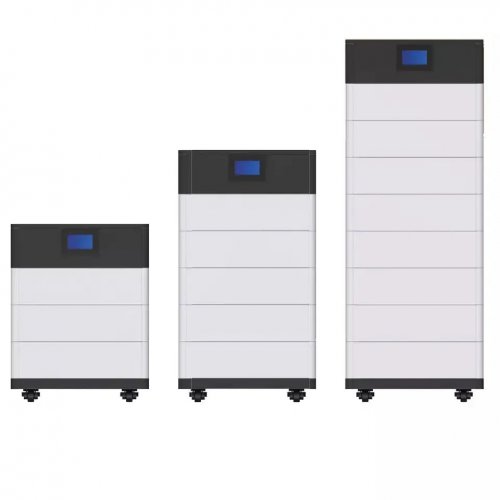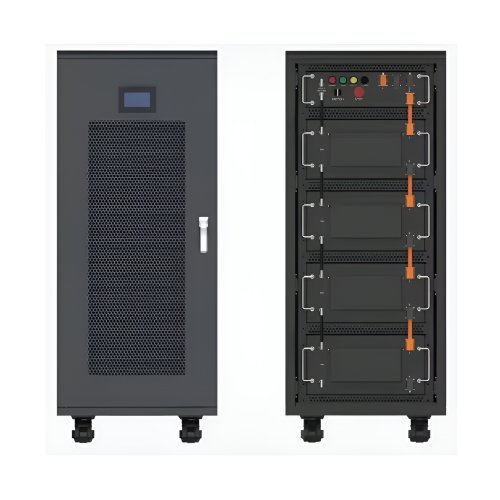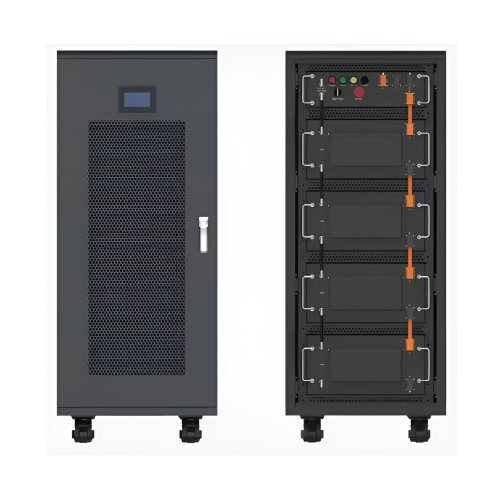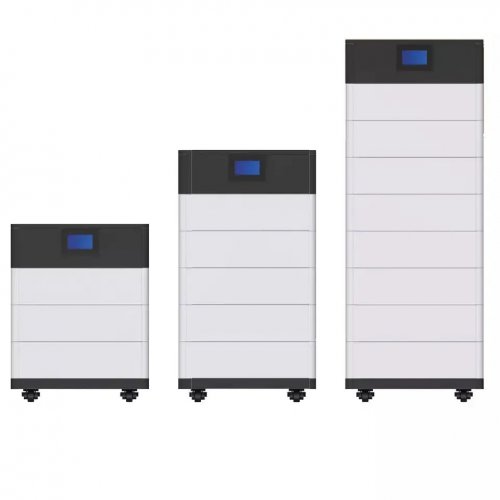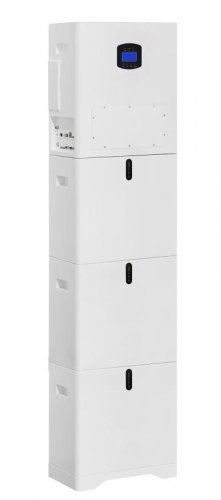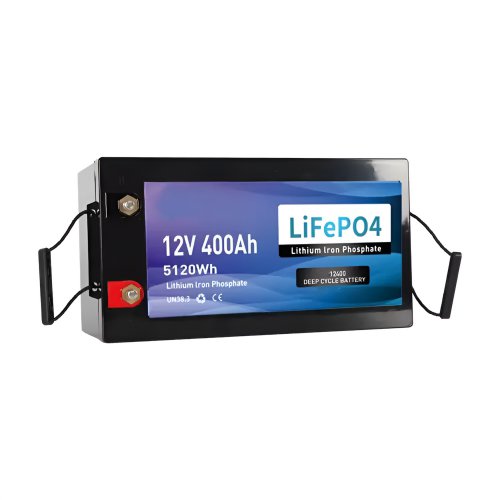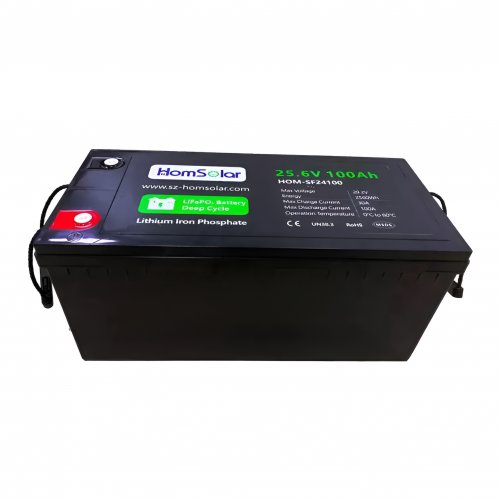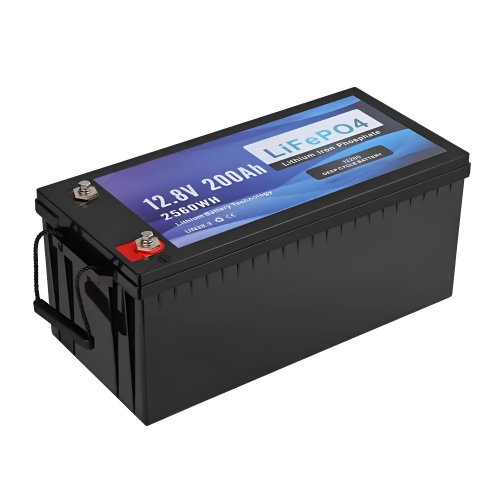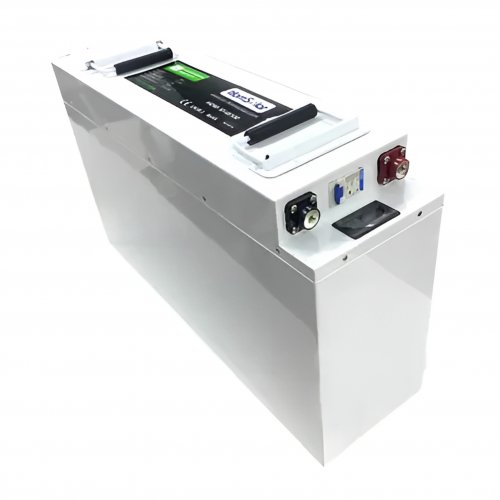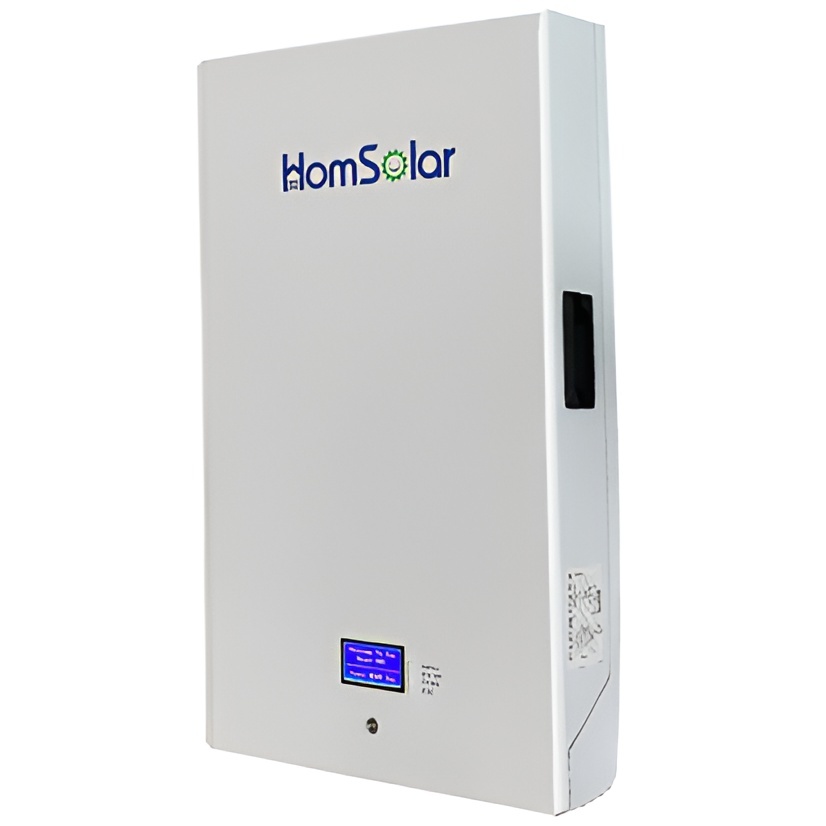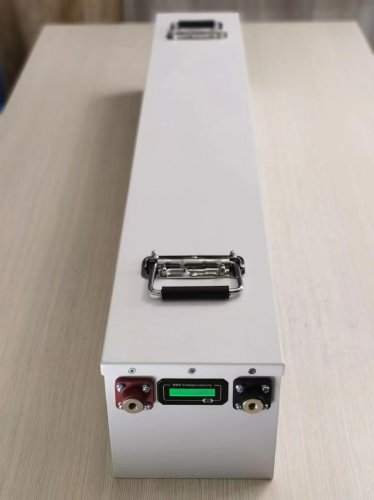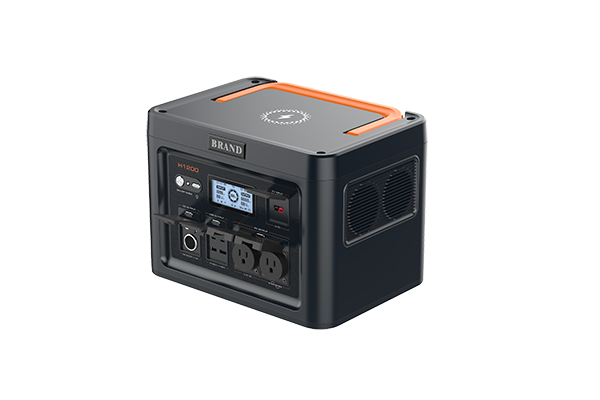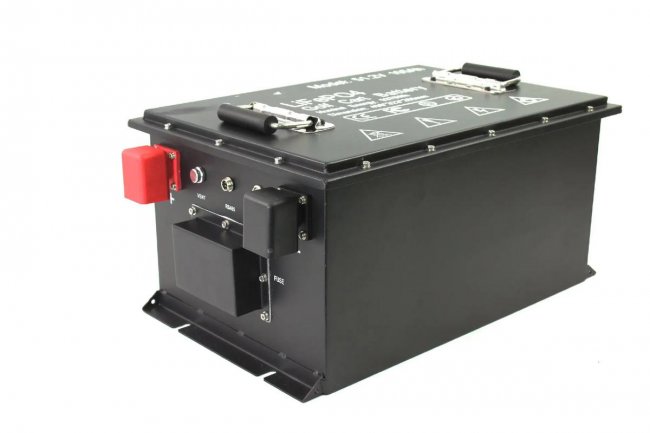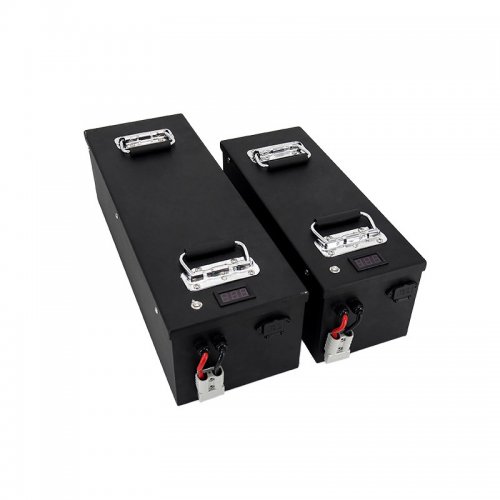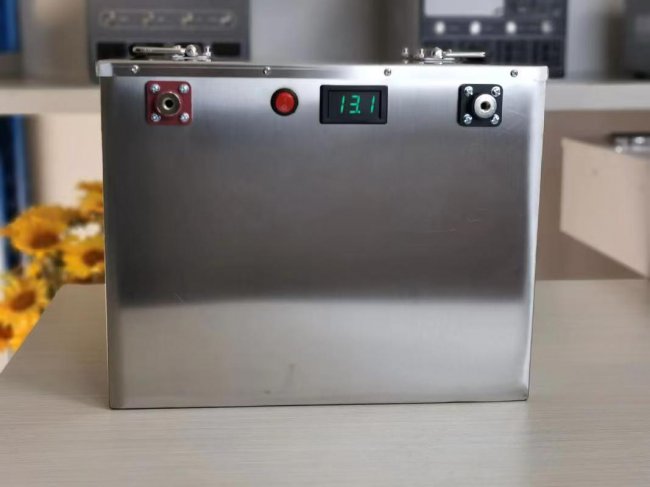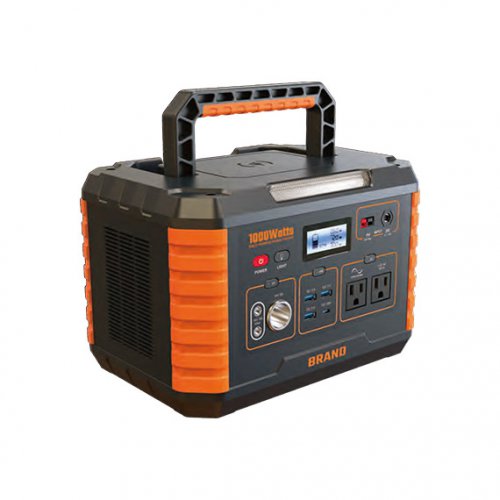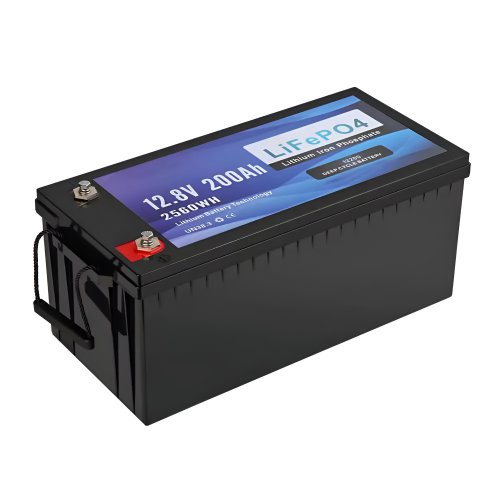Gigafactory Expansions News: Global Push For Ev And Battery Capacity Reshapes Manufacturing Landscape
The global automotive and energy storage industries are in the midst of an unprecedented industrial transformation, characterized by the rapid and massive scaling of gigafactory projects. These sprawling manufacturing complexes, dedicated to the production of electric vehicle (EV) batteries and energy storage systems (ESS), are becoming the cornerstones of national economic and environmental strategies worldwide. The pace of expansion, investment, and geopolitical maneuvering surrounding these facilities is defining the next chapter of industrial competition.
Latest Industry Developments: A Global Surge in Capacity
The momentum behind gigafactory construction shows no sign of abating. Recent announcements highlight a geographically diverse and fiercely competitive landscape.
In North America, the ripple effects of the U.S. Inflation Reduction Act (IRA) continue to drive investment. Tesla, the pioneer of the gigafactory concept, is persistently scaling its operations in Nevada, Texas, and Berlin, with a keen focus on innovating its 4680 battery cell production process. Meanwhile, traditional automakers are racing to secure their own supply chains. General Motors, in partnership with LG Energy Solution, is advancing its Ultium Cells factories in Ohio, Tennessee, and Michigan. Similarly, Ford’s BlueOval SK joint venture with SK On is progressing with massive complexes in Tennessee and Kentucky.
The European market is responding with its own wave of projects to avoid being left dependent on imports. Northvolt in Sweden is expanding beyond its home turf with a new facility in Germany, while Volkswagen’s PowerCo is establishing its own footprint with sites in Germany, Spain, and Canada. Asian giants are also establishing a strong presence within Europe; CATL is building a major facility in Hungary, and BMW’s new assembly plant in South Carolina, USA, is a testament to the integrated nature of this expansion, often located close to automotive OEMs.
Asia remains the dominant force in terms of existing capacity. China’s Contemporary Amperex Technology Co. Limited (CATL) and BYD continue to announce new large-scale facilities and technology iterations within China and are aggressively exporting their expansion models through partnerships and direct investment in Europe and Southeast Asia. South Korea’s LG Energy Solution, Samsung SDI, and SK On are pursuing a dual strategy: expanding significantly at home while making multi-billion-dollar investments in North America to cater to IRA requirements and localize production for key clients like Stellantis and Hyundai.
Trend Analysis: Beyond Scale to Strategy and Localization
The current wave of gigafactory expansions is evolving beyond a simple numbers game. Several key trends are emerging:
1. Vertical Integration and Co-location: Automakers are increasingly moving away from purely outsourcing batteries. The trend is toward joint ventures or owned battery operations located adjacent to vehicle assembly plants. This co-location drastically reduces logistics costs, simplifies the supply chain, and allows for tighter integration of battery pack and vehicle design. 2. Technology Diversification: While lithium-ion remains the dominant chemistry, expansions are now factoring in next-generation technologies. Factories are being designed with flexibility to produce not only different form factors (like prismatic, cylindrical, and pouch cells) but also to adapt to new chemistries such as Lithium Iron Phosphate (LFP), which is gaining popularity for its cost and safety advantages, and future solid-state batteries. 3. The Critical Minerals Bottleneck: Expansion ambitions are directly colliding with the reality of raw material supply. Securing access to lithium, nickel, cobalt, and graphite is now a strategic imperative. This is driving massive investment in mining projects and, crucially, in mid-stream processing facilities to refine these materials locally, creating a parallel industry expansion alongside cell manufacturing. 4. Geopolitical Reshoring: The gigafactory boom is heavily influenced by policy. Legislation like the IRA in the U.S. and the Net-Zero Industry Act in the EU are explicitly designed to onshore the entire battery value chain—from processing to production to recycling—creating regional blocs and reducing strategic dependence on any single country.
Expert Perspectives: Cautious Optimism Amidst Formidable Challenges
Industry analysts and experts acknowledge the scale of the ambition but warn of significant hurdles ahead.
Dr. Evelina Stoikou, an energy storage economist at the Global Policy Institute, states, "The announced pipeline of gigafactory capacity is staggering, and if even half of it comes online by 2030, it will surpass most forecasts for EV demand. The real challenge is not just building the factories, but ensuring they are cost-competitive, fully supplied with raw materials, and operating at high yield rates. We are likely to see a consolidation phase later this decade where only the most efficient producers thrive."
Many experts point to the immense strain on the talent pool. "Finding and training tens of thousands of highly skilled engineers, technicians, and operators for these highly automated facilities is a monumental task that could delay ramp-up timelines," notes Michael Anderson, a partner at a supply chain consultancy. "This is a global competition for talent on top of the competition for capital and minerals."
Furthermore, the sustainability of the gigafactory model itself is under scrutiny. "These are energy-intensive behemoths," says Lena Schmidt, a lead researcher for a sustainable manufacturing non-profit. "The next frontier is not just expanding capacity, but ensuring these factories are powered by renewable energy, incorporate circular economy principles for water and waste, and are designed for the eventual recycling of the batteries they produce. The true leaders will be those who build green gigafactories, not just big ones."
In conclusion, the global gigafactory expansion is a powerful testament to the world's commitment to an electrified future. It is a dynamic story of technological ambition, geopolitical strategy, and economic competition. While the path forward is fraught with challenges related to supply chains, talent, and sustainability, the relentless pace of investment and innovation suggests that these massive facilities will continue to reshape the global industrial map for years to come.
Customized/OEM/ODM Service
HomSolar Supports Lifepo4 battery pack customization/OEM/ODM service, welcome to contact us and tell us your needs.


HomSolar: Your One-stop LiFePO4 Battery Pack & ESS Solution Manufacturer
Our line of LiFePO4 (LFP) batteries offer a solution to demanding applications that require a lighter weight, longer life, and higher capacity battery. Features include advanced battery management systems (BMS), Bluetooth® communication and active intelligent monitoring.

Customised Lithium Iron Phosphate Battery Casing
ABS plastic housing, aluminium housing, stainless steel housing and iron housing are available, and can also be designed and customised according to your needs.

HomSolar Smart BMS
Intelligent Battery Management System for HomSolar Energy Storage System. Bluetooth, temperature sensor, LCD display, CAN interface, UART interface also available.


Terminals & Plugs Can Be Customized
A wide range of terminals and plugs can be customised to suit the application needs of your battery products.

Well-designed Solutions for Energy Storage Systems
We will design the perfect energy storage system solution according to your needs, so that you can easily solve the specific industry applications of battery products.



About Our Battery Cells
Our energy storage system products use brand new grade A LiFePO4 cells with a battery lifespan of more than 4,000 charge/discharge cycles.



Applications in Different Industries
We supply customized & OEM battery pack, assemble cells with wiring, fuse and plastic cover, all the cell wires connected to PCB plug or built BMS.
Applications: E-bike, Electric Scooter, Golf Carts, RV, Electric Wheelchair, Electric Tools, Robot Cleaner, Robot Sweeper, Solar Energy Storage System, Emergency Light, Solar Power Light, Medical Equipment, UPS Backup Power Supply.
We can provide you with customized services. We have the ability to provide a vertical supply chain, from single cells to pack/module and to a complete power solution with BMS, etc.


HomSolar (Shenzhen) Technology Co., Ltd







